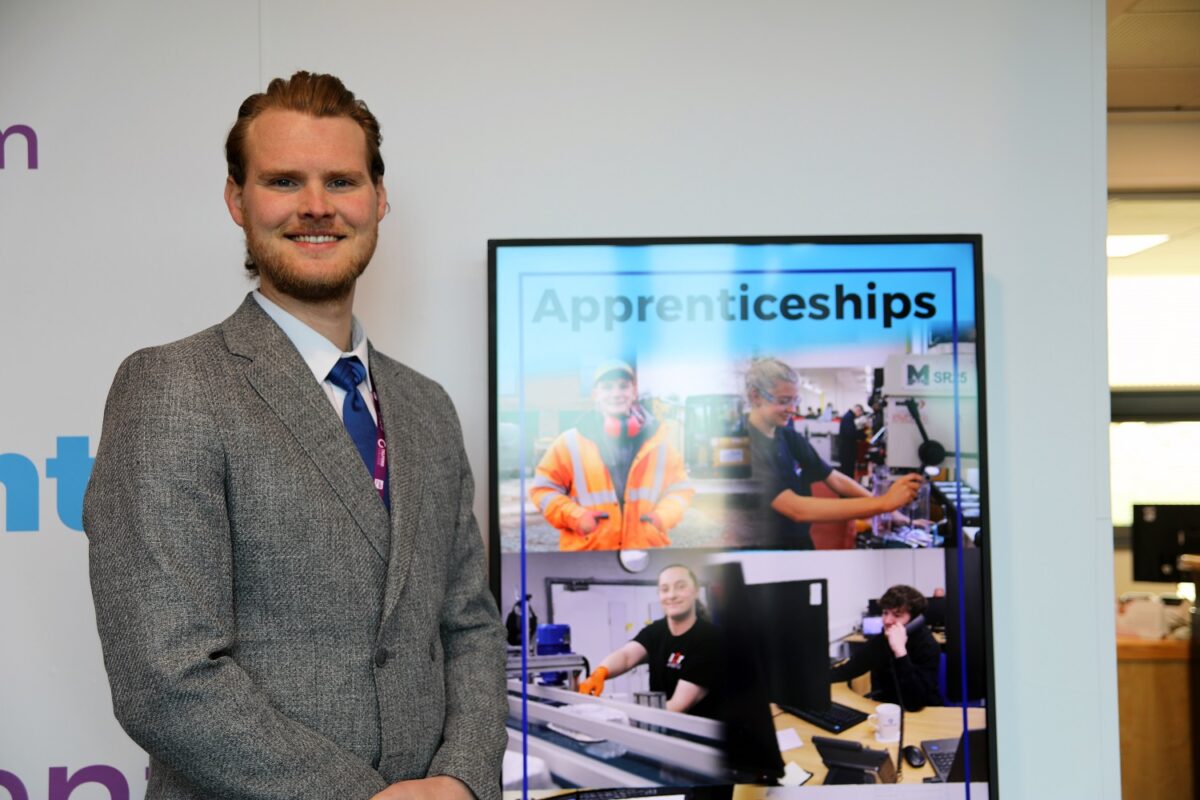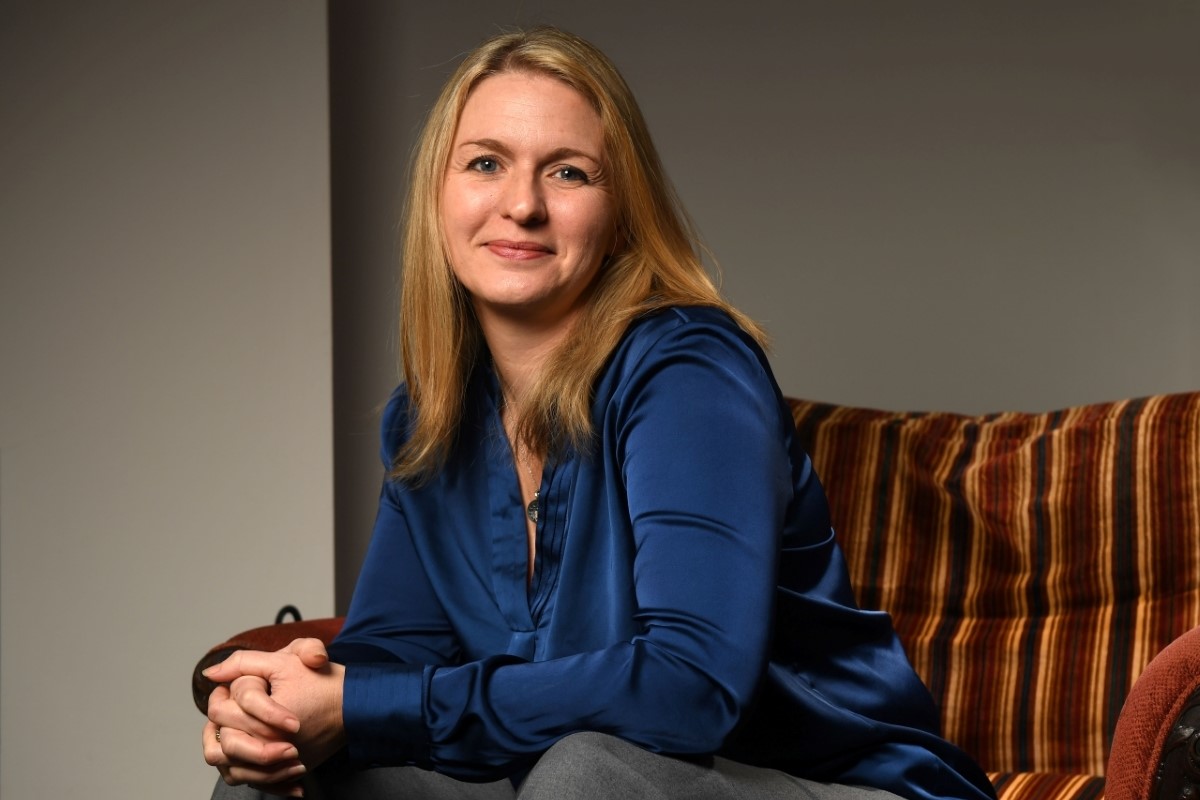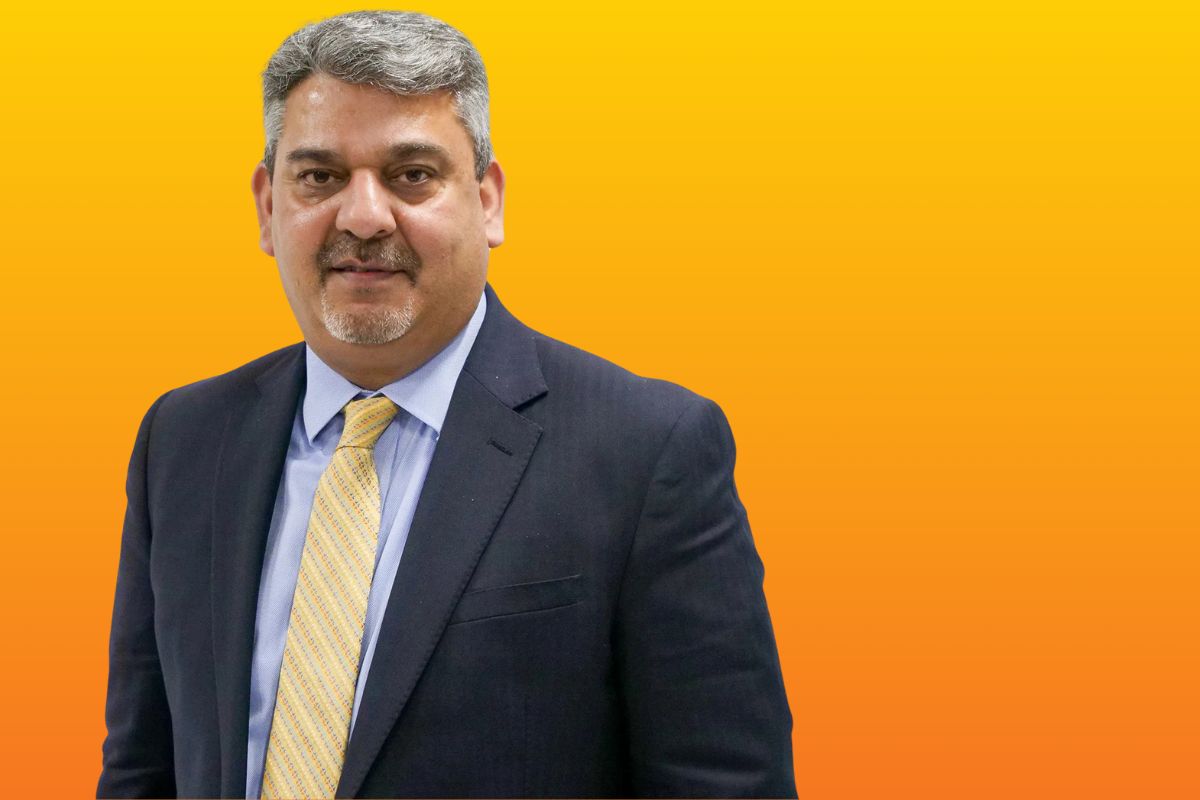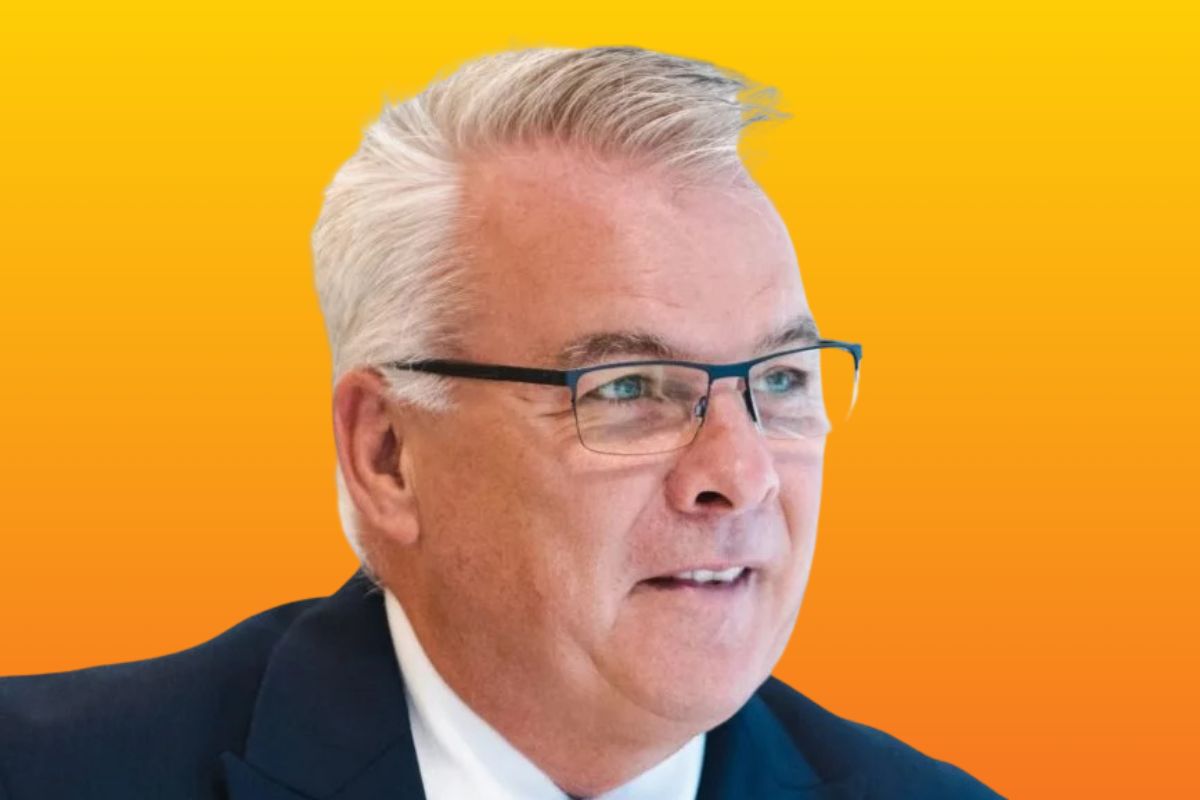What do students really think about T Levels?

Today we publish an Interim Report on a qualitative research study by the Edge Foundation in collaboration with Professor Kevin Orr
In January 2023, the Edge Foundation in collaboration with Professor Kevin Orr commenced a qualitative research project, taking a deep dive into the experiences and viewpoints of learners across various T Level courses. We explored their day-to-day college experiences with their course, work placements, aspirations, and their perspectives on achieving career goals post-T Level completion.
The destination of T Level learners has been varied, in the first cohort of T level learners. At least 1 in 5 had received an acceptance by a university. Additionally, learners are moving sideways after studying a T Level, either to another Level 3 qualification or doing an apprenticeship. Critics have highlighted the potential impact of this on student choice.
The Department for Education’s latest T-level action plan, published in April, confirmed a third of students who started one of the qualifications in 2021 left the programme early. A total of 5,321 students enrolled in 2021, but only 3,510 completed. Of those students who switched from a T Level to another technical course in 2021, 90% chose a course that is due to be defunded by 2026. Further to this, in May the Financial Times revealed that the numbers of students taking T Levels are concerningly low, even for a new qualification. In the 2023-24 academic year, just over 16,000 students enrolled across 18 T Level courses, with plans to expand to 21 subjects from September 2024.
Due to the limited research available on learner experiences on T level courses, we were interested in understanding more from learners’ perspectives. In addition to learning learners’ motivations and career aspirations in enrolling in a T level course. With more T level routes being introduced it is important to understand why learners are choosing to study T levels, how their experience has been so far on a T level course, where they are hoping to progress and whether they think T levels support their ambitions.
With this in mind, we formulated specific questions we wanted to ask students in the hopes of revealing their day-to-day experiences on their T level courses. Why are learners choosing to undertake a T level? What do learners’ experiences look like on the T level course? How do college tutors/T level leads perceive their experiences on T level courses?
Between October 2023 and May 2024, Edge visited 11 colleges across England, speaking to a total of 210 students and 24 teachers and wider staff (e.g. SLT, industry liaison officers or curriculum managers).
We conducted:
- 28 focus groups with Foundation Level, Year 1 and Year 2 students who began their courses in 2022 and 2023; and
- 13 semi-structured interviews with teachers and staff, supporting T Level students.
The interim report aims to shed light on some of the emerging themes from these interactions. We hope this research stresses the importance of listening to students’ voices when it comes to qualification reform, where students are impacted the most. Understanding the issues faced by current T level students could help inform the development and future of the qualifications.
The emerging findings include:
- Students are being steered into T levels, rather than making their own informed choice. Many feeling their actual experience differed from expectations set by schools and colleges. Satisfaction varied, with some dissatisfied due to perceived limitations on career prospects
- T Levels are not well established – and this is affecting young people’s opportunities after completion. Teacher turnover is high and sector-based knowledge can be limited. Students often reported learning from taking notes from slides, to their disappointment and disenchantment.
- Industry placements are students’ favourite part of the T Level yet, in practice they have revealed many issues.
- There is ambiguity in the teaching style and structure of T Levels. Teachers struggle to determine content to be covered especially where textbooks and exam papers are unavailable. The end of year exams looms large, and teachers prioritise learning theory over practical work.
The final report will be published in Autumn 2024 where some of the direct experiences of current T Level students and the lessons we can learn from these experiences will be shared. The report will share further findings of this research along with Edge’s recommendations.











Responses